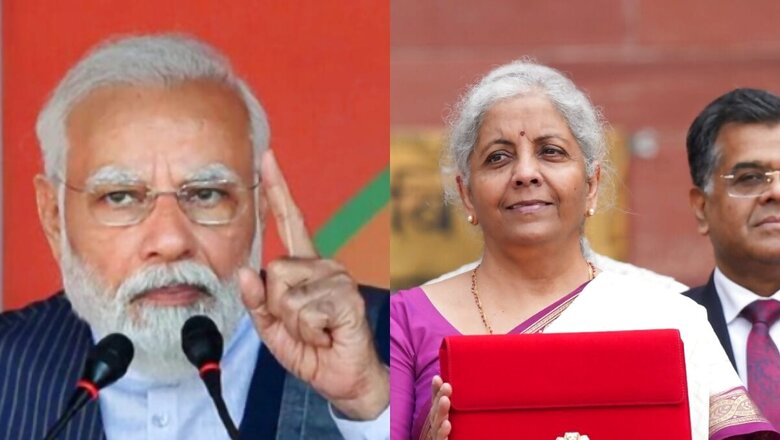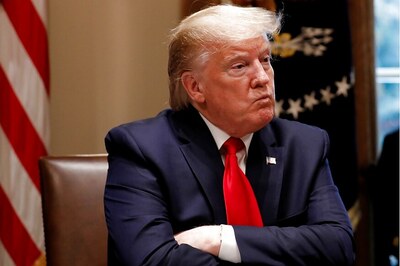
views
After the BJP found itself chastised by the voters in the recent Lok Sabha election there was only one question that was left to be asked: Will Prime Minister Modi hear the voter’s message?
The question has been significantly answered in the affirmative by finance minister Nirmala Sitharaman while presenting her 7th consecutive budget – a new record surpassing the 6 consecutive budgets presented by Morarji Desai.
Jobs, or the lack thereof, was singled out by many as one of the reasons why the BJP lost ground to the opposition on June 4. Today, the BJP-led NDA has taken a major step in focusing on that challenge by rolling out an Employment Linked Incentive (ELI) scheme.
Under this scheme, the government has allocated Rs 2 lakh crore to create jobs over the next five years. The scheme includes a direct benefit transfer of one month’s salary in three installments, up to Rs 15,000, to first-time employees registered in the Employees Provident Fund Organsiation (EPFO).
Importantly, the scheme will incentivise additional employment in the manufacturing sector linked to the employment of first-time employees. The incentive will be paid out up to Rs 3,000 per month for two years towards their EPFO contribution for each additional employee. Not just offering employment, but this will also give a reason for employers to formalise jobs which is much needed.
In addition to the ELI scheme, the government has announced an apprenticeship programme along with an allowance for every apprentice. In other words, the government is virtually guaranteeing a first job.
To ensure employability the government has allocated Rs 1.48 lakh crore to create job opportunities. This will be spent to develop infrastructure: 3 crore houses for the urban poor, the Amritsar-Gaya industrial corridor, and several highways.
The important point is that the funds for these employment-generating schemes are being drawn from the surplus corpus provided by the RBI. In other words, they will not put pressure on the FM to miss targeted obligations towards ensuring fiscal prudency next year. Talking of which, the fiscal deficit stands at an appreciably conservative 4.9% for FY25.
Many will of course be tempted to dismiss these initiatives as a short-cut. But this would be true if the government had not signaled its commitment to job creation by attempting to create the conditions for a consumption-led virtuous cycle elsewhere in the budget.
After dithering for a while, the government has finally put some money in the hands of the middle class through a much-needed tax break under the new tax regime. The FM stated that there would be a gain of Rs 25,000 as standard deduction and Rs 17,500 per annum on tax saved. This is a big plus as it will increase income and hence give people the option to consume. Higher consumption will boost profitability incentivising private expenditure in capital formation.
Then there is also the move to abolish angel tax, and the tax rate being lowered for foreign companies topped by several rationalisations in customs duty. This again should boost demand for goods as they become more affordable.
All in all, the budget signals that the Modi government has become more receptive to voter grievances and, therefore, that bit more accountable. This can only be a win-win for voters and democracy.


















Comments
0 comment